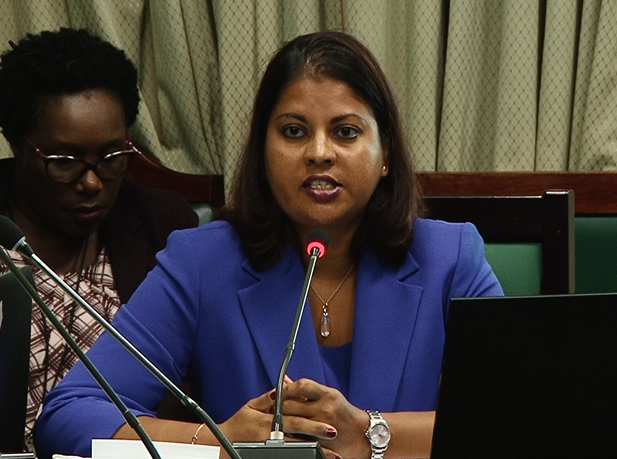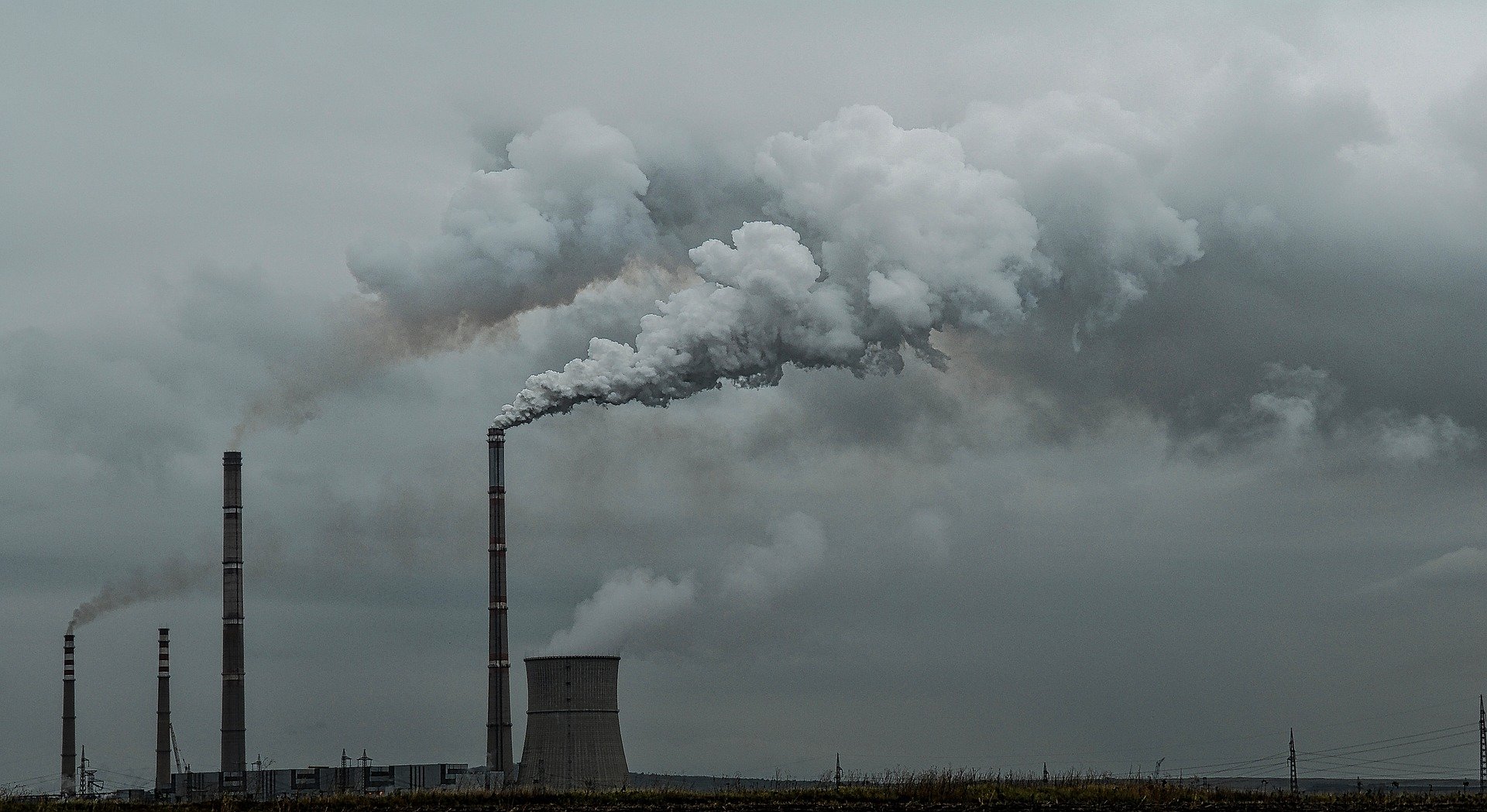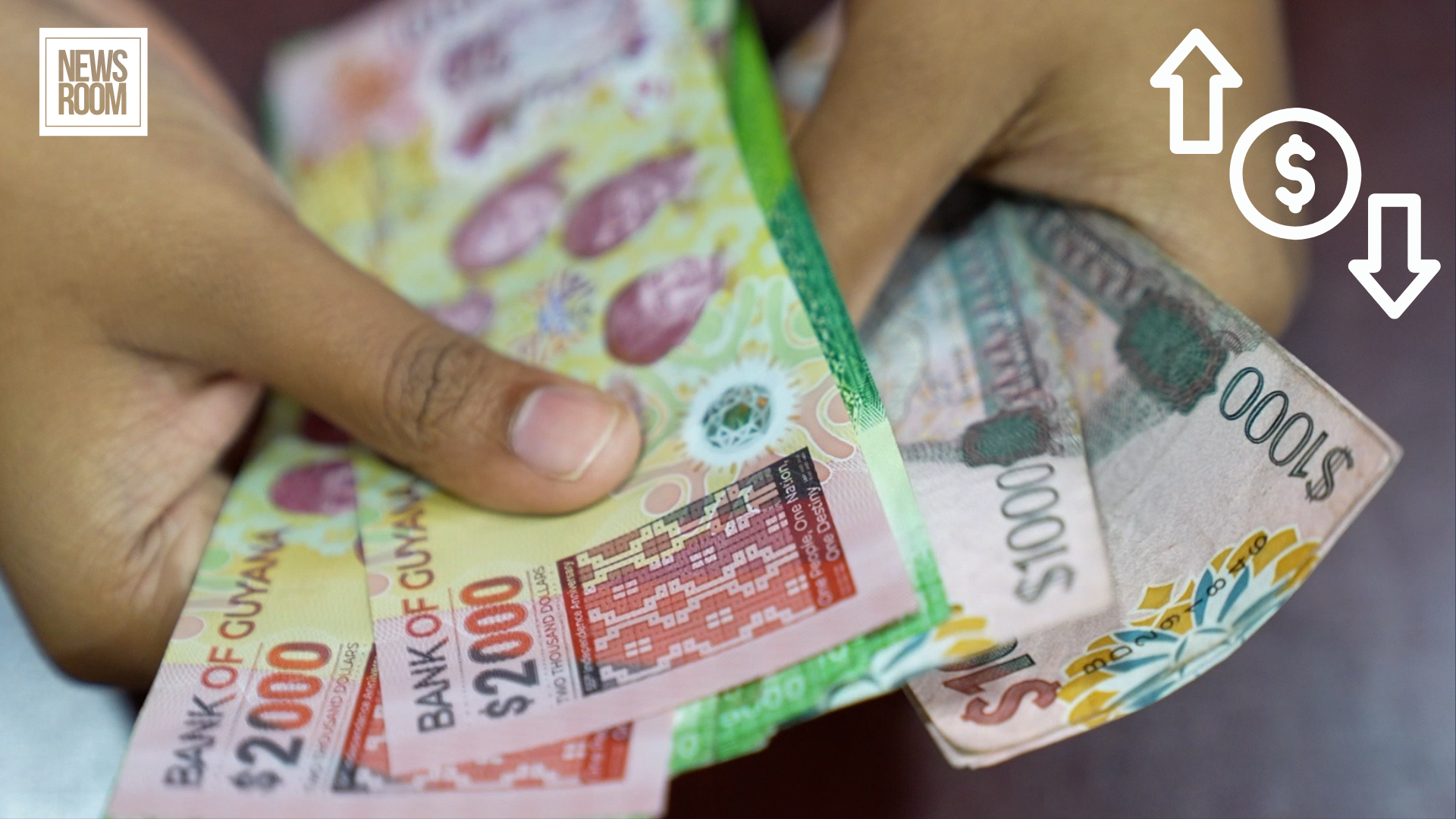Unless Guyana increases it deforestation rate, it is unlikely that the country will generate revenues in its mission to pursue a greener economy.
Officials told a parliamentary committee on foreign policy today that international markets are only interested in paying countries to reduce their carbon emissions as opposed to paying for avoided deforestation.
Each country that signed the Kyoto Protocol was given a limit of greenhouse gas emissions.
Carbon trading is a system where countries with high carbon emissions buy what is called carbon credits from countries with low carbon emissions in an effort to reduce global greenhouse gas emissions.

Pradeepa Bholanath, the Head of Planning and Development at the Guyana Forestry Commission (GFC), told the committee that opportunities for Guyana tapping into such markets are slim.
“For a country with high forest cover and low deforestation rates, it really means, unless we start to rapidly deforest like Brazil and Indonesia, and other countries, it really would be a nonstarter for us to target those markets when we don’t have a substantial amount to reduce,” she stated.
The GFC representative was responding to a question put forward by the Committee’s Chairperson, Gail Teixeira, who expressed concerns about the coalition government’s expression that “Guyana does not see viable opportunity in carbon trading markets.”
Teixeira contended that Guyana has already earned approximately $235 million from Norway through a similar carbon trading deal.
But Bholanath pointed out that the Guyana-Norway arrangement is unique because that country pays Guyana for its avoided deforestation.
She noted that there are very few countries willing to pay for avoided deforestation; they prefer to pay for reduced carbon emissions. Bholanath said unless there is a change in market trends, Guyana cannot financially benefit from the carbon trade.
Teixeira then asked what happens when the Guyana-Norway agreement ends, but Bholanath pointed out that that decision will have to be taken at a higher office.











